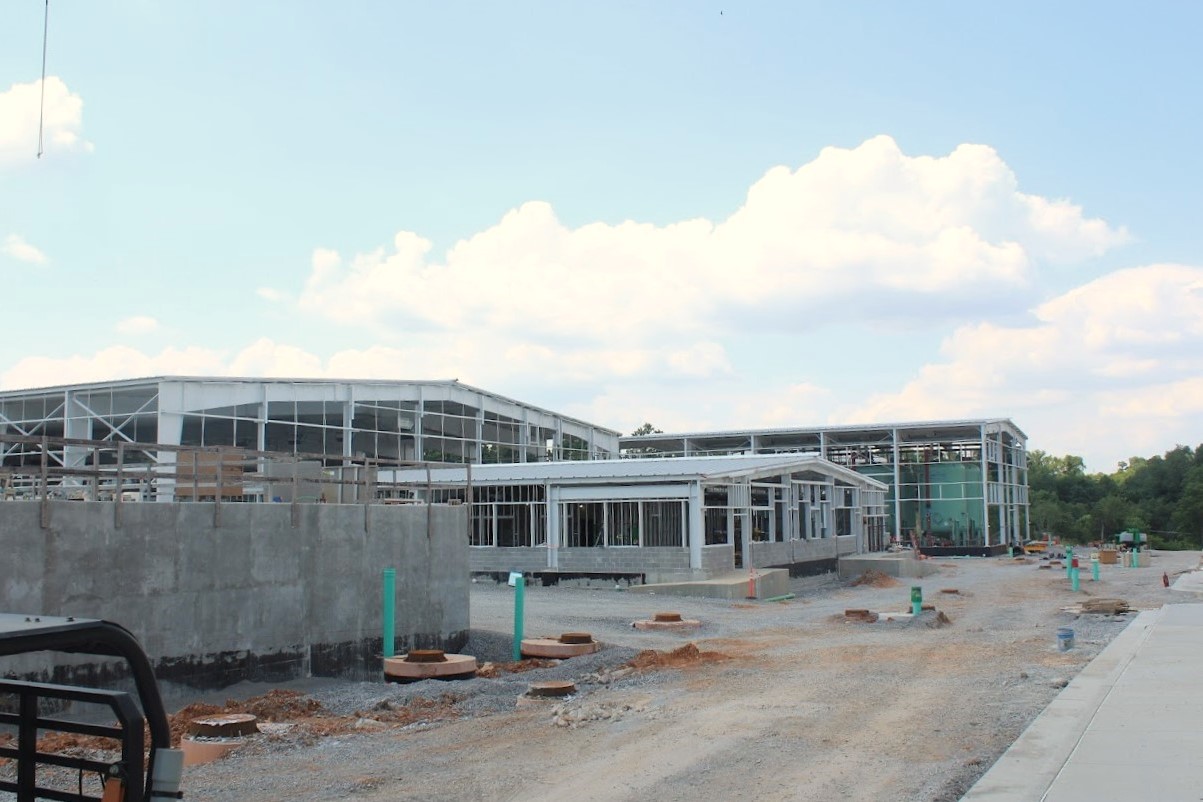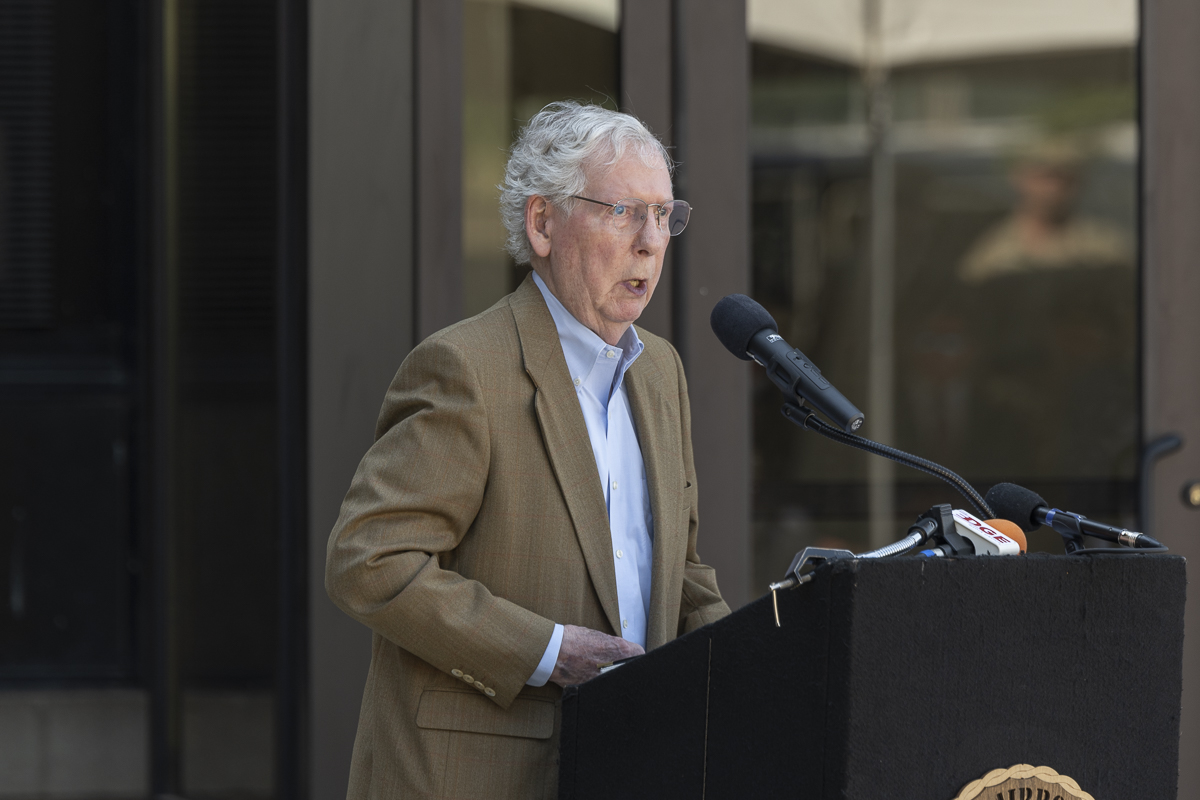CLARKSVILLE, TN (CLARKSVILLE NOW) – The city Gas and Water Department has made significant progress on two key projects: the development of their thermal dryer technology for wastewater treatment and their North Clarksville Water Treatment Plant.
“It is imperative for a city growing as fast as we are to have a second water treatment plant to take care of our needs for generations,” said Clarksville Mayor Joe Pitts in a news release. “And the new thermal dryer system will reduce output from our wastewater treatment process, while saving space in our landfill.
“Both projects were carefully planned and executed by Mark Riggins, general manager, and his highly skilled team of professionals at Clarksville Gas & Water. These sorts of improvements are a hallmark of his leadership,” Pitts said.

With the thermal dryer project, the city aims to build a facility to treat and stabilize biosolids generated in the treatment of sewage at the Clarksville Wastewater Treatment Plant (WWTP), the release said.
The facility is expected to be housed in a new, 9,600-square-foot, 65-foot-tall building that will house the thermal drum dryer and associated natural gas-fired furnace. In addition, the development will also house a complex, multi-story array of support equipment and associated process piping and ductwork.
How thermal dryer works
Currently, unstabilized sewage biosolids are hauled to the Bi-County Landfill on Dover Road for disposal. However, landfill operators have taken issue with the workability of these biosolids, and area residents have complained for years about the odor during hauling and disposal.
The thermal dryer process will produce a stabilized, pelletized biosolid that will be suitable for reuse, such as for fertilizer. Disposal at the landfill will continue to be an option. Here are some ways the thermal dryer will affect the biosolids:
- The water content of the biogrades will significantly decrease, which improves ease of handling at the landfill.
- There will be a reduction of volume and mass, which reduces landfill tipping fees.
- The number of complaints due to the odor will be minimized or eliminated.
“The thermal dryer project at our Wastewater Treatment Plant is an innovative step within the progressive process of waste elimination that will significantly reduce the odor and volume of wastewater byproduct currently delivered to our local landfill,” Riggins said in the release.
The project had been competitively bid to Cumberland Valley Constructors at $53.2 million, according to the news release. A small portion of the project has been funded through grant dollars totaling around $15 million through the American Rescue Plan. The rest of the funding is through city wastewater revenues.
Construction began in April 2023, and the estimated completion date is April 2025.
North Clarksville Water Treatment Plant
The North Clarksville Water Treatment Plant (NCWTP) will be the city’s second such plant, and it will help meet the growing needs for potable water in the city, according to the release. Having two water treatment plants will reduce risks and increase reliability by providing a backup source in the event of emergencies. It also allows greater flexibility in terms of scheduling regular maintenance activities that require a plant shutdown.
“The North Clarksville Water Treatment Plant is vital in providing needed redundancy to our existing customers as well as additional capacity for our growing customer base,” Riggins said in the release.
The NCWTP project is being constructed on around 30 acres on the Cumberland River off of Barge Point Road and will have a service capacity of 36 million gallons of water per day.
The project was bid to Judy Construction Company for $211 million, making it the single-largest capital project in Clarksville’s history. Construction began in August 2021 and the estimated completion date is May 2026.











